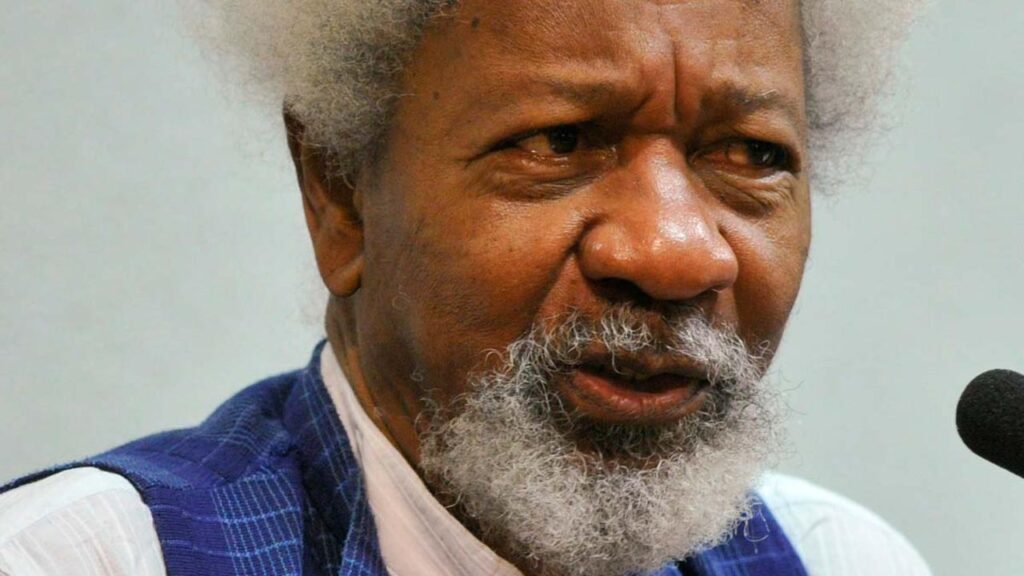
• One out of three lines registered inactive
• Telcos spend over N18 billion to register dormant telephone lines
• Mixed feelings greet planned multipurpose national ID cards
• NIMC’s low capacity slows hamonisation processes
Despite the over N57 billion that has been spent on the registration of Subscribers Identification Module (SIM) cards in the country in the last 13 years, frequent calls for biometric registration are not sitting well with Nigerians amid lack of proper identification means.
SIM registration in Nigeria was first mooted in April 2010 following a directive from the NCC to telecommunications operators on the need to officially register subscribers, who provide personal information and submit to biometric scans. The exercise was expected to have been completed within six months, but nothing was achieved at the end of the deadline, necessitating the NCC to take over the process and the commencement of fresh registration in February 2011.
However, since the SIM registration began in the country in 2011, where biometric information was captured, citizens have been called out several times for other biometric capturing for schemes including Permanent Voter Cards; Bank Verification Number (BVN); Immigration services; National Identification Number (NIN) and lately, NIN-SIM linkage exercise. These frequent callouts have become worrisome as citizens are now demanding faster harmonisation of the disparate data scattered across the country.
Lately, the NIN has gradually been entrenched into the Nigerian system, including banking, education, and contracts, among others. However, Nigerians are seeking a single unified identification document with a multipurpose function as seen in other countries.
It has been a bitter experience for Nigerians when it comes to having their biometrics captured because of the harrowing experiences and several invitations to repeat the same process as currently being witnessed in SIM registrations and NIN-SIM linkages. In fact, for errors committed by registration agents, enrollees have had to pay more to correct these mistakes.
Indeed, the over N57 billion expended in the country on SIM registrations by government and telecoms operators does not include various expenses the subscribers themselves might have incurred in the process of getting their SIM cards registered, including under-the-table dealings to which the process subjected millions of subscribers.
Apart from the N6.1 billion the Federal Government, through the Nigerian Communications Commission (NCC), spent for the full take-off in 2011, the operators have shouldered the financial burden, funding campaigns, logistics and manpower costs incurred in the programme.
The earlier phase was said to have gulped over N40 billion from the four telecommunication operators, putting the conservative total spending at N46 billion. The telecommunication giants are believed to have spent over 10 billion since the reactivation of the programme with new timelines.
The Guardian understands 318 million SIM cards have been registered so far with about 99 million or 31.13 per cent inactive. Given unit registration cost, the telecommunications companies, with the NCC on the fringe of the process, have thrown probably N17.74 billion into registering SIM cards that do not currently add anything to their revenue.
As of 2015, about N46.1 billion had been spent on the SIM registration exercise. Checks showed that then, there were about 140 million active telecommunications subscribers in the country.
Industry analysts submitted that SIM registration remains very expensive and requires equipment including a fingerprint scanner, biometric handheld terminal, multi-faceted biometric tablet, brick and mortar, and logistics among others.
While NCC recently declared that SIM registration is continuous, elsewhere in the world, no one gets connected to any network on arrival without proper documentation including biometrics, passport photos, fingerprints and others.
For instance, in major economies like the United Kingdom, the United States, Canada, Japan, China and others, no visitor gets connected to any network without proper documentation including biometric identification. Interestingly, when these data are captured once, they are deposited in a central database and fed to several checking points that could require documentation. This is still lacking in Nigeria.
While asking Nigerians to take NIN-SIM linkage seriously, the Chairman of the Association of Licensed Telecoms Operators of Nigeria (ALTON), Gbenga Adebayo, the need to have a codified database for proper identity management in the country has been the reason for the linkage exercise.
According to him, data submitted by a subscriber during the SIM registration exercise (secondary data) must align with data submitted for the NIN database (primary data), that is what the authority is saying.
He explained: “If in the SIM register, you have Wale Adekunle but during NIN registration, you put in Adewale Adekunle, such a person would have issues. His information would be flagged and he will need to go and correct that at both the SIM database and NIN registration for us to be sure he’s the same person. So many other instances like that, including those, who sent proxies to register SIMs for them, will be flagged. It is going to be long and thin, but the database needs to be thorough.”
Speaking on the need for harmonisation of the disparate data in the country amid the concept of digital infrastructure, the former Chief Executive Officer, Opay, Olu Akanmu, said in countries like India and Brazil, the national identity systems and payment systems in those countries are like an integrated layer of technology upon each other.
Explaining further, he said when people are registered on the national identity system, they automatically have a simple financial account. “But with the way we operate in Nigeria, the identity system is separate from payment, So, you register for NIN and it ends there. Therefore, we now have 104 million Nigerians with identification numbers while only 65 million people have financial accounts because there is no coordination of the two and other disparate data.
“At the level of presidency, there is a need to have everybody together—NIBSS, NIMC, CBN, telcos and NCC and say these 30 million people with NIN but no financial accounts should be sorted and bring them to the financial system. We get them to open accounts because we know their biometrics, we know where they are and we should locate them. We need to have a distinct database for easy and convenient reach of even the lower cadre, especially when they are to be serviced, for instance, cash transfer process, palliatives, among others,” he stated.
MEANWHILE, mixed reactions have continued to trail the FG’s plans to issue three new national ID cards. The Technical Adviser on Media and Communications to the NIMC Director-General, Ayodele Babalola, revealed that the launch of the bank-enabled National ID card, the social intervention card, and an optional ECOWAS National Biometric Identity Card was aimed at addressing various needs of the Nigerian populace. Some 104 million Nigerians with NINs are expected to get the cards soonest.
A telecoms expert, Lola Awodipe, said it will be another opportunity to inflict untoward pains on the Nigerian populace… “of course, you know the process it will take. You will be asked to come and queue for hours. I see it as mere propaganda and exposes ignorance about the whole issue of identity.
She stressed that there’s a call for (the proper thing) the abolishment of the population commission, and the usage of NIN for voting, rather than voter’s card. “If these people have the money or are given the money, let them print the already existing ID Card for all the 104m NINs that have been issued, and this card can replace the voter’s card. That’s the only addition they can make.
At a forum in Lagos, the Founder of Anap Foundation, Atedo Peterside, called for electoral reform, advocating the use of the NIN instead of Permanent PVC.
He argued that the former has more elaborate data than the latter, which enables rogue electoral officers to overturn the will of the people.
Currently, investments in SIM registration have increased. A senior telecoms executive, who wants to remain anonymous, told The Guardian at the weekend, the investments have gone up significantly.
“I am aware NCC spent N6.1 billion or got N6.1 billion for the registration ab initio. It was also reported back then that mobile network operators spent about N40 billion. It is not in doubt because I know MTN spent well over N10 billion on the exercise at the beginning. SIM registration is not a small investment. Recall also that MTN also donated equipment of over N1.2 billion to NIMC to boost the linkage process. That is part of the new expenses. Other operators too donated one thing or the other. SIM registration is a continuous process, expenses will always be there.
“Though, there is no official yet as to what has been invested. But to be modest and as an industry analyst, the figure should hover between N55 billion and N57 billion or even more since the exercise started. So many layers of processes, agents, and machines among others, have enabled millions of Nigerians to have their SIMs registered.
“Registration won’t stop. It will continue because so many people have not attained the mandatory age of owning a SIM. Most of these operators still use some equipment they have procured since the exercise began to register. Note as well that the frequency of registration now cannot be compared to that of 2015 or when it kicked off. Most Nigerians now have two to three SIMs,” the executive said.
A senior executive in the legal and regulatory department of one of the MNOs told The Guardian that the firm has spent over N15 billion on SIM registration since the exercise started in Nigeria, “and we are still spending more because the exercise remains, people are buying new SIM daily.”













